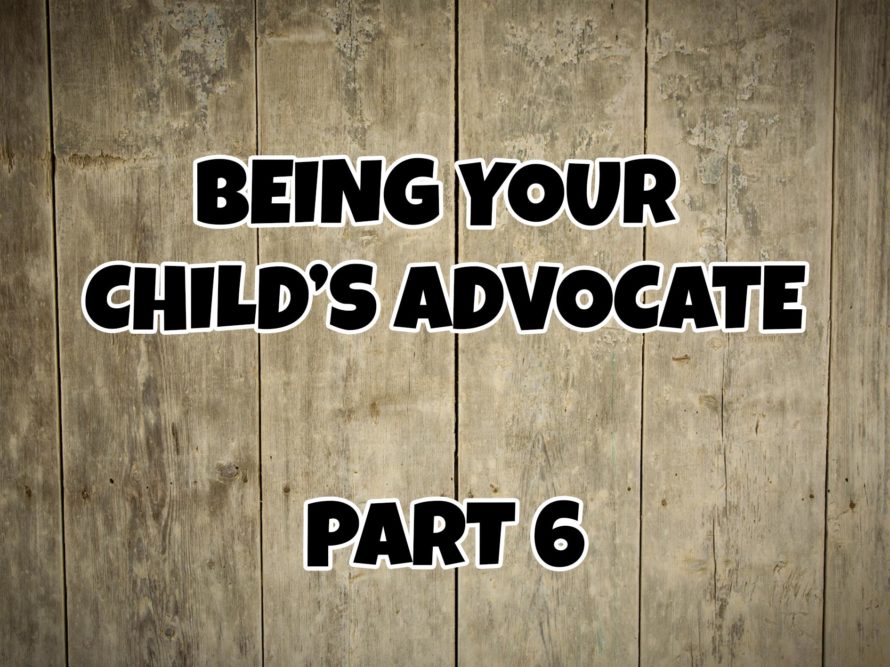In the first blog of this series, I mentioned that stepping up and advocating for our children provides a model for them of how to resolve problems. Ultimately, we want to help our children learn the skills so they can eventually advocate for themselves. By the time they reach high school, they will have many teachers, each with dozens and dozens of students, and it will be their responsibility to seek out the resources they will need to be successful. You want to start teaching them early so that they’re ready.
One of the best parent meetings I’ve ever had was led by a grade 5 student. This student was twice exceptional (called 2E in some communities)—he was both intellectually gifted and had a learning disability, and he was in my special education class. Both of his parents were teachers. I received a message from his mother one day, requesting a meeting. Once we were all seated around the table, the student pulled out some index cards and led the meeting, asking specific, thoughtful questions about how to better integrate his personal interests into the curriculum. Occasionally, he looked to his mother for support, but she encouraged him to talk directly to me… and he did. And I directed my answers to him.
This parent had helped her son prepare and empowered him to lead a conversation with his teacher about how to make his school experience more personally relevant and intellectually satisfying. In doing so, she gave him a huge gift. Now, this particular issue was not urgent, as the student was enjoying the class and was doing well. However, by leading this low-stakes meeting, the parent was setting him up for future success in making higher-stakes requests. And that is a skill that will serve him well for the rest of his life.
If you’ve seen any of my videos, you have probably heard me say that parenting is a long game and that we are always preparing our children for independence. If we want our teenagers and young adults to know how to self-advocate effectively, we need to start teaching them as children. Obviously, the age, needs, and capacity of your child will dictate what is appropriate for you, but consider the following possible steps that might pave the way to learning these skills:
- Invite your child to attend school meetings with you and to ask questions
- Share the professional assessments about them and explain the findings and recommendations
- Help them reflect on what conditions help them be their most successful so they can articulate these to a teacher
- Prepare and rehearse questions or conversations that your child might have with their teacher
- Suggest they speak to the teacher, and then follow up with a note to clarify what was decided
- Be available for support, as needed
It can be easy to fall into the trap of helicopter parenting, and as a camp director, I have seen my share of staff parents who have tried to manage their adult child’s work life. (Can you imagine your mom calling your boss every time you had a work problem? It’s not a good look.) Even if your child has a stress-free and successful school experience, they will eventually need to know how to handle a job interview, negotiate better working conditions, or even ask their doctor for a second opinion. Time spent teaching self-advocacy to children will prepare them to navigate the world as an adult.

